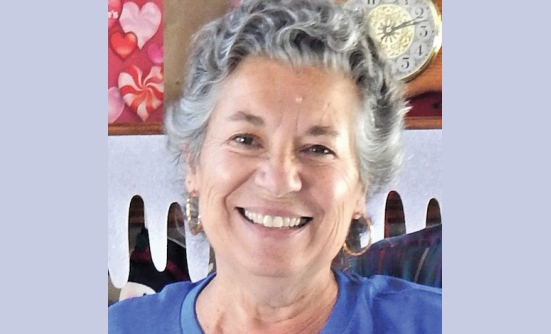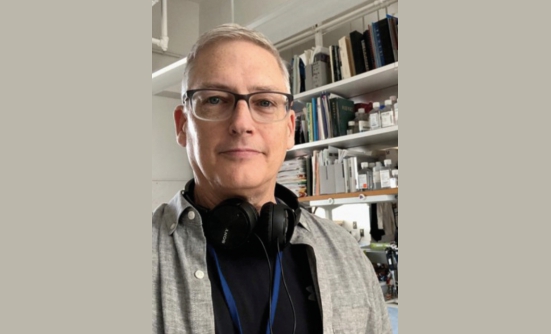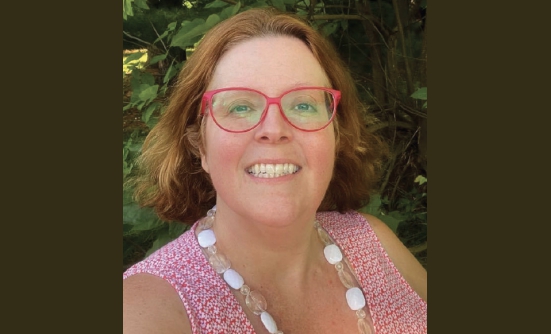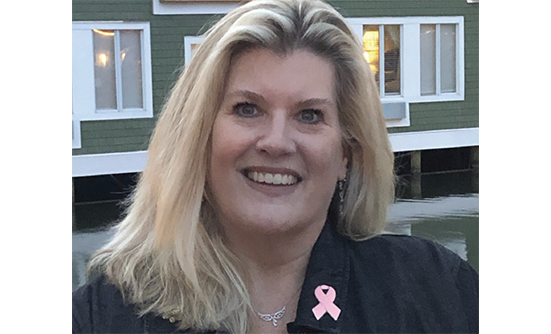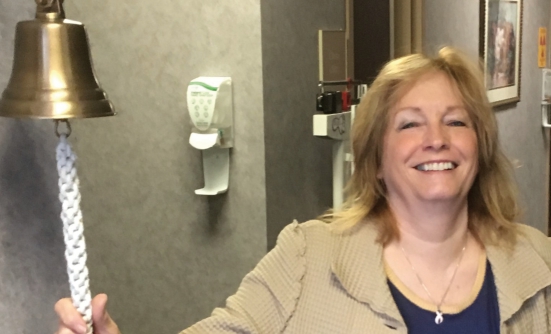Early detection of cancer and improved treatments have led to more people living as long-term cancer survivors. As a result, increasing attention is being given to the chronic and long-term adverse effects of cancer treatment. One of these adverse effects can be heart disease, which is where cardio-oncology enters the picture. Cardio-oncology is the field in medicine that focuses on reducing heart problems caused or worsened by cancer treatment.
Why Should Cancer Survivors Think About Heart Health?
Heart disease is the leading cause of death in the United States, so we all should be thinking about heart health. People who have been diagnosed with cancer are often likely to have other health problems that could lead to heart disease. In addition, some cancer treatments can temporarily or permanently damage the heart. This damage can happen during cancer treatment or take months or years after treatment ended to appear.
When to Talk with Your Doctor About Cancer-Related Heart Concerns
If you or your family have a history of heart problems, or if you have other risk factors for heart disease, ask your doctor what you should do to manage or reduce your risk.
If your treatment included cancer drugs called anthracyclines or Herceptin (trastuzumab), you may also be at risk for new heart problems. Patients who have had radiation to the chest may have additional risk for heart problems.
Ask your cancer doctors if you are at increased risk for heart problems because of your treatment, and how best to monitor for this.
How Do I Find the Right Healthcare Provider to Help Me with This?
Ask your doctor about seeing a cardiologist (a heart doctor), or if available, a cardio-oncologist (a heart doctor who is also an expert on cancer-related heart damage) for evaluation and recommendations. A cardiologist may recommend certain tests that will help to show if you have any heart problems. Early detection and treatment of these problems can provide better outcomes.
What Can You Do to Support Your Heart Health?
More people today are surviving a cancer diagnosis than ever before. Having heart disease can shorten a person’s survival time and affect one’s quality of life. Fortunately, the same things that help you feel good and keep your cancer away can also help keep your heart healthy.
Many cancer centers and local communities offer programs that can help you follow these heart-healthy recommendations:
- Eat a healthy diet. Eating a well-balanced diet of mostly plants and avoiding processed foods will help your overall health, including your heart health.
- Get regular physical activity. Try to exercise at least 30 minutes every day. Even just walking each day is good for your heart. If you have not been physically active, talk to your healthcare provider before starting a new exercise program.
- Keep a healthy body weight. Extra weight increases the risk for several types of cancers, and it also puts added strain on your heart. Achieving and keeping a healthy body weight will help you to reduce the risks for cancer and for heart disease.
- Avoid tobacco. This means avoiding all tobacco products. If you use tobacco, check in your community for a tobacco-cessation program. Most communities have such support programs, and they are often free.
- Keep your blood pressure, cholesterol, and blood sugar in a healthy range. These 3 factors contribute greatly to heart health. By eating well and staying physically active, you can also help keep your blood pressure in check and maintain healthy cholesterol and blood sugar levels.
Key Points
- People with cancer may have other health problems that could lead to heart disease
- Some cancer treatments can temporarily or permanently damage the heart
- If you or your family have a history of heart problems, ask your doctor how to reduce your risk









